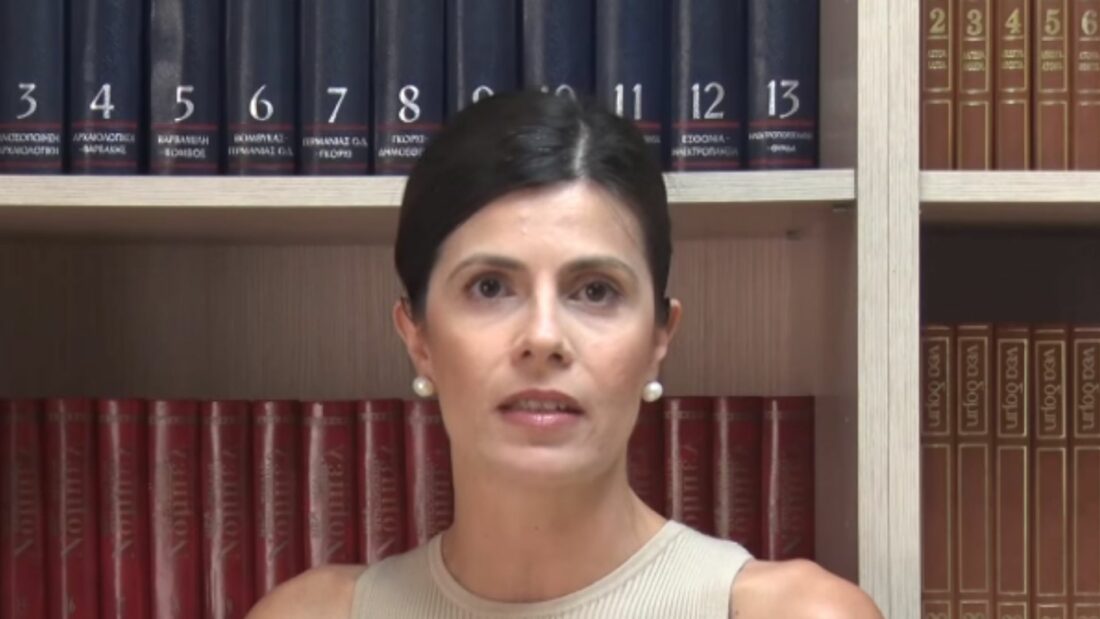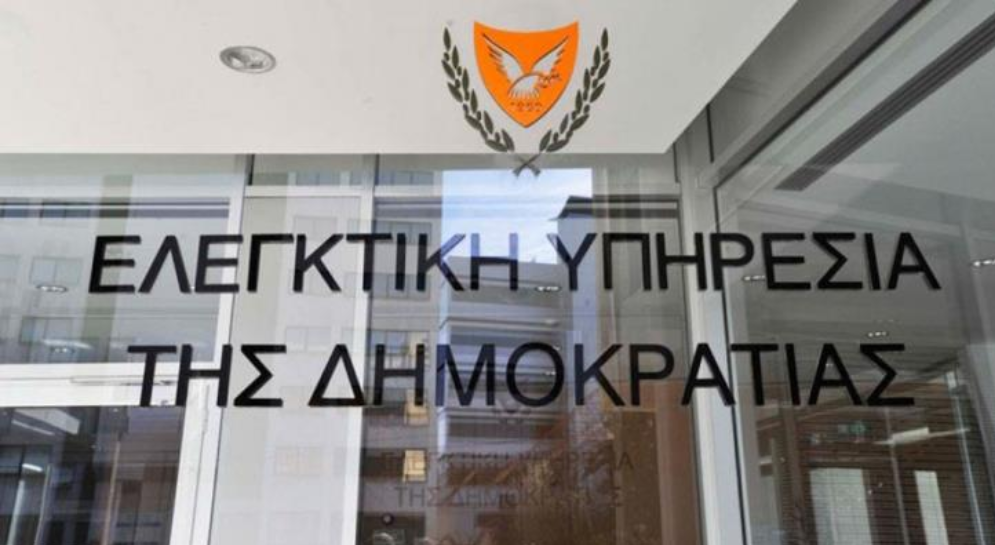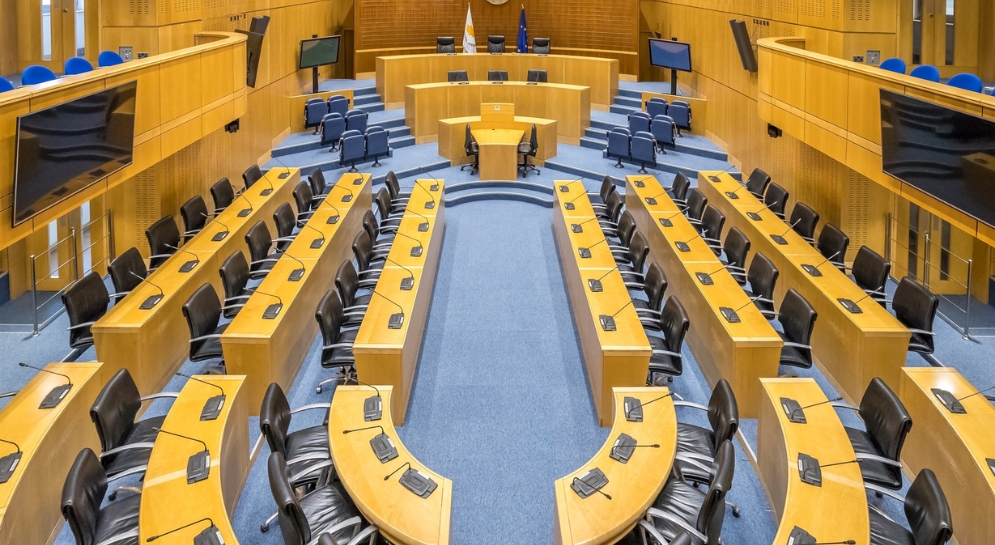
The regressions of N. Anastasiades and N. Christodoulides have trapped the Greek Cypriot side
Statement by Stavri Kalopsidiotou, member of the Cyprus Problem Office and Central Committee of AKEL:
10 July 2022, “Haravgi” newspaper
Obviously, the sense of justice is not satisfied by adhering to a policy of equal distancing, especially so long as Turkey’s illegal actions in Varosha are developing, its threats are escalating and the agreed basis for a solution to the Cyprus problem is being provocatively challenged. Neither are the recommendations to comply with international law, with previous UN Resolutions and for the need to demonstrate a constructive attitude sufficient to bring Ankara and Tatar back into the negotiations.
Absent is any reference to the agreed framework for a bizonal, bicommunal federation with political equality, to the Guterres Framework and to the continuation of the talks from where they had remained at Crans Montana, elements that were included in previous Reports submitted by the UN Secretary General. There is only a lukewarm reference to the UN Secretary-General being guided by the Resolutions of the UN Security Council that set out the parameters of the solution.
Unfortunately, the regressions, misjudgments and the persistence of the Anastasiades-DISY government and the former Foreign Minister N. Christodoulides, in implementing policies without a vision and an orientation in favour of the solution, have trapped the Greek Cypriot side in a dead-end path. This situation can only end with a real progressive change in the forthcoming presidential elections.
Only the respect for political equality as this has been agreed to can act as a real counterweight to Turkey’s insistence on a two state solution. The effective participation of the Turkish Cypriots in the structures and decisions of the central government remains of paramount importance to counter in a convincing way the Turkish insistence on two sovereign entities on the island. This explains why President Anastasiades’ questioning of the relevant convergences recorded so far has been disastrous.
Today, with Turkey having been further upgraded geopolitically, no one can predict whether it will return to the negotiations from the point where we had left off 2017. But we must put this to the test by projecting, as AKEL proposes, on the one hand the unquestionable preservation of the negotiating body of work with an emphasis on effective participation, and on the other hand by demonstrating our readiness – without crossing “red lines” – to provide incentives in the energy sector.




